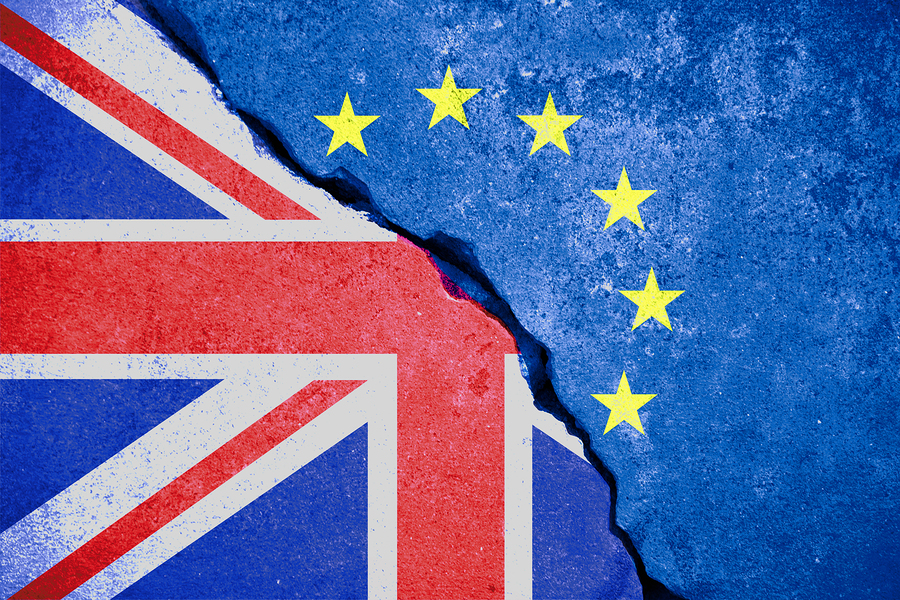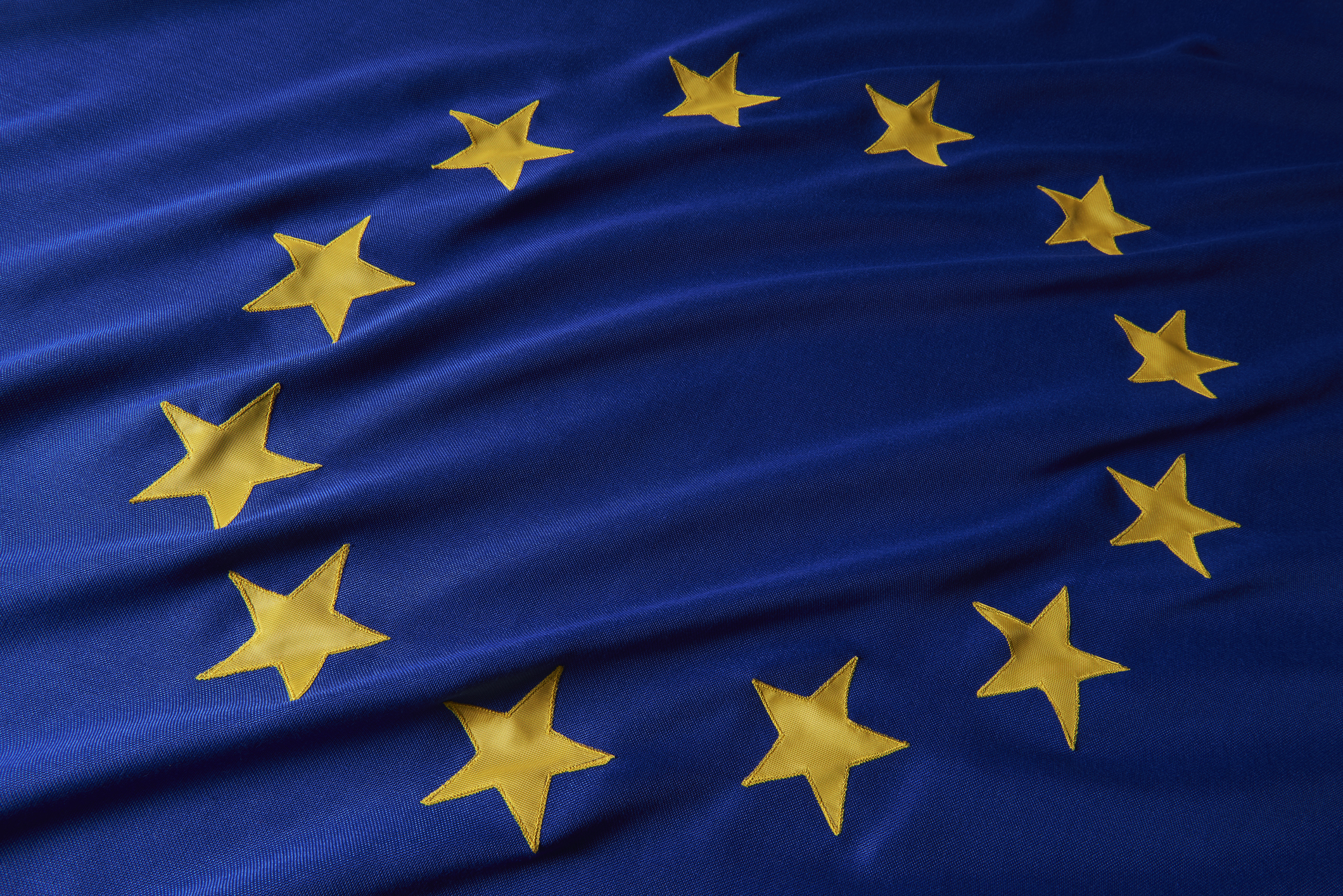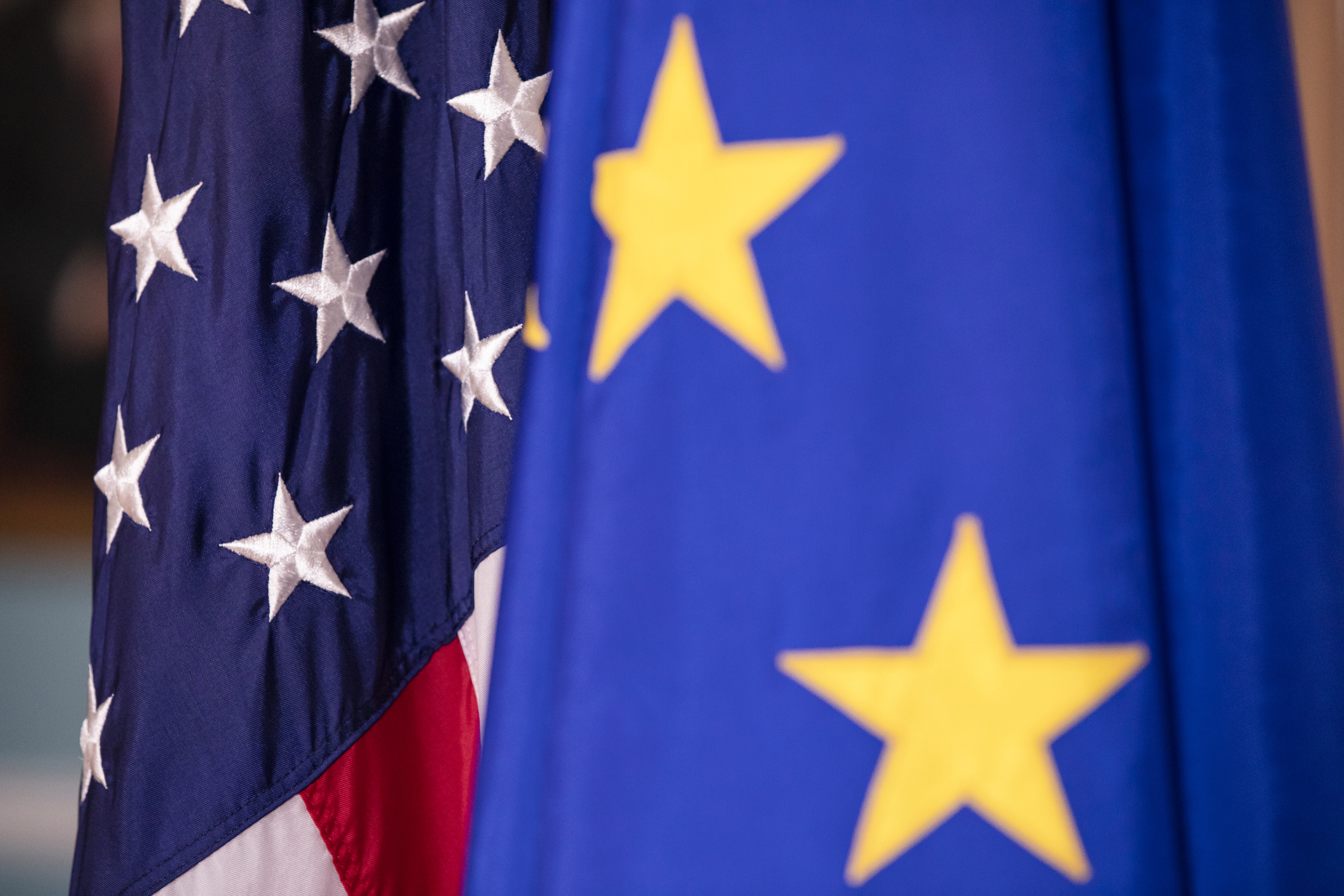Leaving single market will hit UK tech sector hardest
Industry raises concerns over realities of free trade and recruitment

TechUK, a body representing over 900 UK-based technology firms and startups, has warned that leaving the single market will have a "bigger impact on tech than the rest of the UK economy," adding that it's essential the government does everything that it can to secure a "soft landing".
On Tuesday, Prime Minister Theresa May finally revealed the government's strategy on Brexit, which will result in the UK leaving the EU single market regardless of the outcome of the impending negotiations.
Instead, the government plans to seek "the greatest possible access to the single market on a reciprocal basis, through a comprehensive trade agreement", but May made it clear that, aside from some specific projects that may be of interest, UK contributions to the EU were over.
The final deal will almost certainly result in the UK leaving the jurisdiction of the European Court of Justice as well, and will likely lead to heavier restrictions on the movement of goods and services, including the reintroduction of trade tariffs.
The Prime Minister also maintained that the UK would continue to be a "reliable partner" and seek to continue trade relationships as freely as possible, although what this will entail is yet to be negotiated.
However the UK digital industry, which employs 1.56 million people and represents 10% of the economy, relies on the EU for 43% of digital exports, with Germany, France and Italy consistently among the top 7 highest export destinations for UK.
"The crux for tech will be about building a bridge between membership of the single market and a future free trade agreement," said techUK deputy CEO, Antony Walker. "The UK tech sector is highly integrated with suppliers and customers across Europe and depends everyday on laws and regulations set at European level."
Get the ITPro daily newsletter
Sign up today and you will receive a free copy of our Future Focus 2025 report - the leading guidance on AI, cybersecurity and other IT challenges as per 700+ senior executives
While praising the Prime Minister's objective to reach an agreement on a future partnership within two years, techUK said businesses would remain "realistic about the difficulty of achieving this within these timescales".
"Government will need to understand the needs of the sector in detail and persuade its counterparts across Europe of the benefit of striking a positive deal," added Walker. "The risk of falling off a regulatory cliff edge in two year's time has not gone away. However if a smooth and orderly exit can be achieved from the EU then the UK's thriving tech sector can go onto to be the powerhouse of Global Britain."
Certainties are hard to come by and the only thing businesses now know for sure is that we will not be members of the single market once negotiations are complete in 2019. The specifics of that deal will be fundamental to the future of the technology industry, particularly with regard to the ease with which companies can source talented professionals from across the EU.
Digital skills shortage
According to job search website Indeed, the UK digital skills gap is now second worst in the world only Israel has fewer job searches for cyber security roles. UK companies relying on the 'passport' of services to operate within the EU without restriction will now have to rely on the UK successfully negotiating a compromise.
James Chappell, CTO of UK cyber security firm Digital Shadows, believes it's vital the Prime Minister prioritises access to skilled professionals in her negotiations with the EU, as the UK lacks a sufficient digital workforce.
"Technology-based businesses such as Digital Shadows need to have access to the best brains from around the world and without it the UK technology sector could stagnate. In certain key areas such as cyber security and data science there are simply not enough skilled professionals in the UK alone."
When it comes to exporting goods to the EU, Chappell remains concerned about what the government will actually secure. "Right now what we have is uncertainty on what approach will be taken, with some discussion of WTO and EFTA rules, and 'roll over' provisions for historical agreements. The UK hasn't negotiated these types of agreements for decades so it remains to be seen to what extent this could emulate the borderless nature of trade we enjoy as members of the EU."
While no specific details were revealed about the UK's migration policy, May has already made it clear that a skills based system would not be robust enough. Whatever is ultimately decided, a lack of information has left businesses in a state of uncertainty in the interim.
Shaping the negotiations
The good news is that early reaction from the EU is somewhat positive and suggests an amicable discussion ahead, as a clean break that is done smoothly and quickly is good for European business. In light of this, businesses have been encouraged to work together to 'shape' Brexit negotiations into a form that is favourable to the UK.
Consultancy Frost & Sullivan recommends businesses "evaluate the impact of Brexit scenarios in terms of tariffs and barriers on all aspects of your business ... [and] join forces with others to lobby the government to negotiate in your interests".
However, negotiations will need to take into account the opinions of 27 other member states, and the EU is likely to strike a balance between ensuring its own strong trade opportunities in the UK without being overly favourable to the departing nation. And with more than a third of technology companies having already been hit by Brexit slumps, according to a recent Company Check survey, leaving the single market is unlikely to give them confidence.
Businesses now have that certainty that membership of the single market is no longer on the table. What that now means for UK industry rests entirely on the negotiations yet to come.
Dale Walker is a contributor specializing in cybersecurity, data protection, and IT regulations. He was the former managing editor at ITPro, as well as its sibling sites CloudPro and ChannelPro. He spent a number of years reporting for ITPro from numerous domestic and international events, including IBM, Red Hat, Google, and has been a regular reporter for Microsoft's various yearly showcases, including Ignite.
-
 ‘Europe could do it, but it's chosen not to do it’: Eric Schmidt thinks EU regulation will stifle AI innovation – but Britain has a huge opportunity
‘Europe could do it, but it's chosen not to do it’: Eric Schmidt thinks EU regulation will stifle AI innovation – but Britain has a huge opportunityNews Former Google CEO Eric Schmidt believes EU AI regulation is hampering innovation in the region and placing enterprises at a disadvantage.
By Ross Kelly
-
 The EU just shelved its AI liability directive
The EU just shelved its AI liability directiveNews The European Commission has scrapped plans to introduce the AI Liability Directive aimed at protecting consumers from harmful AI systems.
By Ross Kelly
-
 A big enforcement deadline for the EU AI Act just passed – here's what you need to know
A big enforcement deadline for the EU AI Act just passed – here's what you need to knowNews The first set of compliance deadlines for the EU AI Act passed on the 2nd of February, and enterprises are urged to ramp up preparations for future deadlines.
By George Fitzmaurice
-
 EU agrees amendments to Cyber Solidarity Act in bid to create ‘cyber shield’ for member states
EU agrees amendments to Cyber Solidarity Act in bid to create ‘cyber shield’ for member statesNews The EU’s Cyber Solidarity Act will provide new mechanisms for authorities to bolster union-wide security practices
By Emma Woollacott
-
 The EU's 'long-arm' regulatory approach could create frosty US environment for European tech firms
The EU's 'long-arm' regulatory approach could create frosty US environment for European tech firmsAnalysis US tech firms are throwing their toys out of the pram over the EU’s Digital Markets Act, but will this come back to bite European companies?
By Solomon Klappholz
-
 EU AI Act risks collapse if consensus not reached, experts warn
EU AI Act risks collapse if consensus not reached, experts warnAnalysis Industry stakeholders have warned the EU AI Act could stifle innovation ahead of a crunch decision
By Ross Kelly
-
 Three quarters of UK firms unprepared for NIS2 regulations, study finds
Three quarters of UK firms unprepared for NIS2 regulations, study findsNews Senior management can be held personally liable for non-compliance under NIS2 rules
By Ross Kelly
-
 US-UK data bridge: Everything you need to know
US-UK data bridge: Everything you need to knowNews The US-UK data bridge will ease the complexity of transatlantic data transfers
By Ross Kelly

